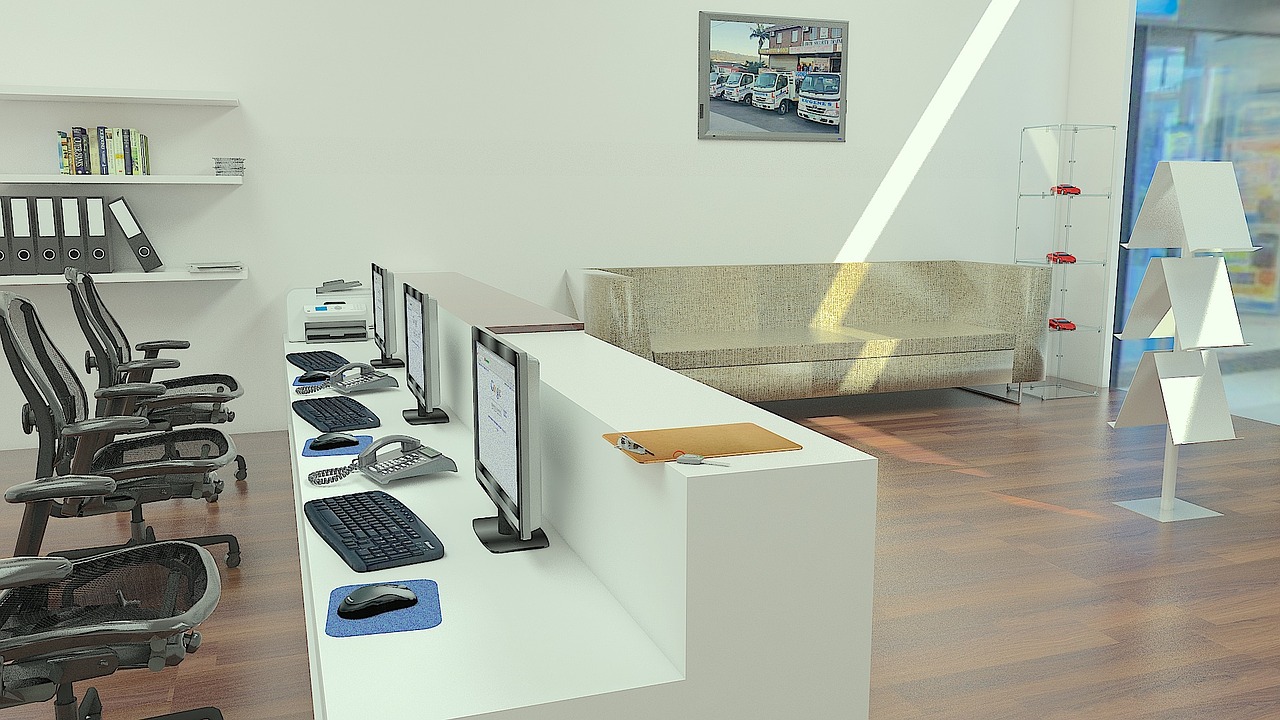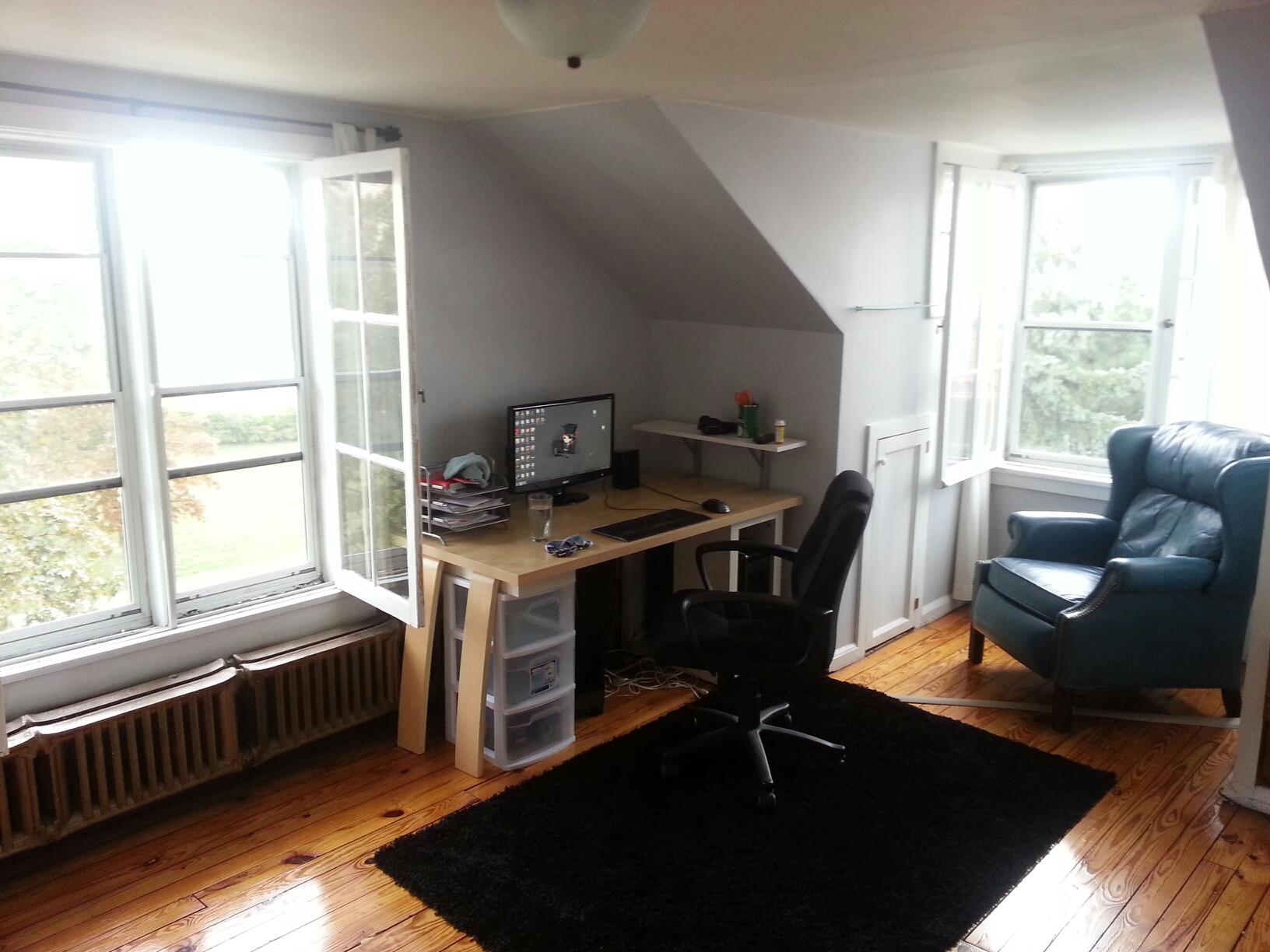Taking that step to rent an office is huge. Not only is it a business milestone, it’s also a personal one.
As with any new venture, decisions made at the very beginning can have a big influence on long term success, impacting on growth and development in both the short and long term. Therefore, careful consideration should be given to a number of factors before entering into any lease agreement. Below, we have listed five of the most important factors to bear in mind:
Car Parking
When renting an office, the availability of parking is often something overlooked. Having a plan for parking is imperative; you can choose an office which comes with designated spaces, secure permits from the local council or at the very least, make sure that there is easily available parking which can be used by employees and clients. The last thing any business needs is for employees or clients to be struggling to find a space – causing them problems even before they get into the office.
Don’t make the mistake of forgetting to check this until after the lease has been signed, as by this time it will be too late!
Location
Location is often considered the number one priority for choosing office space. Considerations should be given to several factors.
The nature of the business will dictate location to a certain extent. If your product or service is sold from the office directly, location will be a prime consideration, especially if there is a reliance on passing trade. For those who run a remote operation, the location is obviously less important.
Cost
It is really important to have a very good idea about what is available, where and for how much. Without doing a lot of homework, there is no way of knowing whether something is good value or not. Look at the pros and cons of each space and find out what is included for the money. You also need to make sure there are no ‘extras’ in addition to the rental fees quoted, such as service charges or built-in insurance. Make sure there are no nasty surprises after signing on the dotted line.
Flexibility
Flexibility is especially vital for start-up companies. It makes sense to be modest at the very start, only paying for what you really need. However, once the business has begun to do well, it will be important to have the flexibility to expand when the time is right. Make sure there is an ‘out’ clause written into the contract for this purpose.
There are also a variety of other options open to new or small businesses. For example, a day office Manchester, London or other central locations is useful for meetings if there is not yet a need for a permanent office.
Amenities
Work out what your business will require and ensure these are available. This might be a conference room, the availability of a phone line, high speed Internet or even basic considerations, such as storage or a functional kitchen and toilet for your employees to use.



